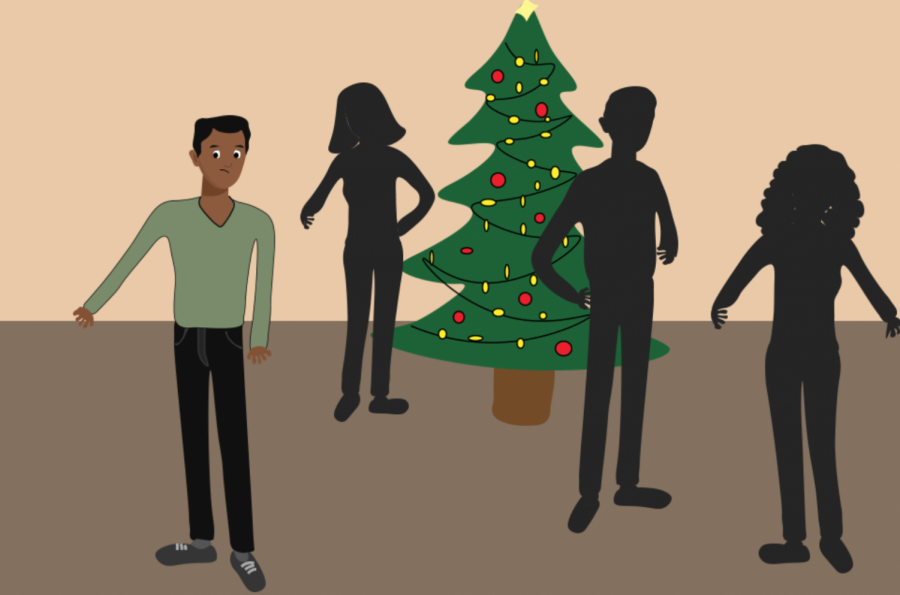Unlike years past with bustling holiday parties and family gatherings, this year brings family reunions on Zoom and socially distanced get-togethers. With the ever-rising cases of COVID-19, the CDC has warned against large gatherings as they have become a hazard. This year, for many students, it is the first time spending the holidays away from their relatives and friends. While the empty seats at the dinner table may be new to them, this is a common reality among immigrant families.
With my immediate family across the world, visitation has always been a challenge to say the least. As a child, I envied my friends who regularly saw their relatives and had lost count of the number of days they had spent together. Meanwhile, I have only been able to visit my cousins, aunts, and uncles in Iran twice. Two times. In total, I have spent one month in their company. When my peers would complain that their family lived far away, they usually meant in a different city in California or another state—not another country.
This year, I have seen my peers come to terms with not being able to visit their extended families as usual. While this adjustment for them may be strange, for many of these students, in a world post-pandemic, they can go back to regularly seeing their families. However, this “adjustment” for them has been a constant in my life: with no guarantee that I will be able to see the ones I love next year or the year after. My experience as a first-generation American is not exclusive, though. About 12% of the U.S. population is made up of second-generation immigrants, which is about 39.3 million people whose parent(s) immigrated to the U.S. Many of these people have been in the same situation that my family and I have been in, year-round dealing with the loneliness caused by the vacant seats that ought to be filled.
So, this holiday season, having dealt with what many of my peers are now having to endure, I cannot help but be still somewhat envious of them. The privilege that comes with being able to see your loved ones, excluding the limitations of the pandemic, is one that people should not take for granted. This holiday season, I urge my peers to be grateful that the temporary distance felt between relatives serves merely as a reminder that they will be able to be with one another again when this is all over.






















